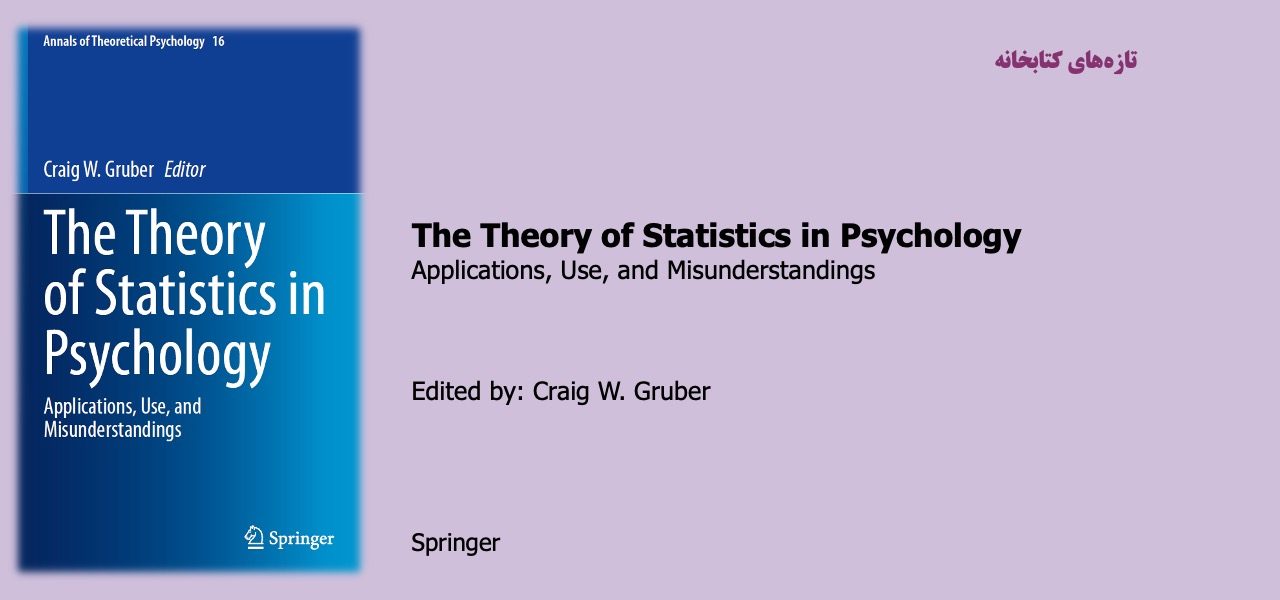The Theory of Statistics in Psychology

Statistics remain one of the most overused, misunderstood, and misinterpreted aspects of conveying research to the general public. We have seen, in today’s world, how framing information can skew perceptions. By presenting and using statistics to “prove” or “disprove” a point (health related, political, or research focused), the same data set can be used to argue diametrically opposed conclusions.
This issue of Annals looks at statistics from a number of vantage points. To begin, we frame the issue with the American Statistical Association’s (ASA) statement on p-values. The editorial and statement begins with this anecdote: In February 2014, George Cobb, Professor Emeritus of Mathematics and Statistics at Mount Holyoke College, posed these questions to an ASA discussion forum:
Q: Why do so many colleges and grad schools teach p = ۰.۰۵?
A: Because that’s still what the scientific community and journal editors use.
Q: Why do so many people still use p = ۰.۰۵?
A: Because that’s what they were taught in college or grad school. (Wasserstein and Lazar 2016) In this context, the above anecdote seems humorous, even fanciful, yet, there is more than a ring of truth to it. Examining the role, use, and [sometime] misuse of statistics is important to each of the authors in this issue. From Robert Childs’ exploration of empiricism, we set the stage for the advent of statistics in psychology. Psychology’s reliance on statistics as an indicator of the relevance of psychology as a science. As Rose (1996) states, “‘social sciences’ would seek to utilise such devices {statistics} to establish their truthfulness and scientificity, to force themselves into the canon of truths, to convince sometimes sceptical audiences of politicians, practitioners and academics of their veridicality, to arm those who professed them with defences against criticisms that they were merely dressing up prejudice and speculation in the clothes of science.” Rose’s point should not be lost on us. It was the necessity of having psychology as a science that led to the use of statistics every day.
مطالب مرتبط

کتاب تمرین درمان شناختی – رفتاری برای مشکلات سلامت روان
۱ / اردیبهشت / ۱۴۰۴

درآمدی بر روانشناسی خرد
۱ / اردیبهشت / ۱۴۰۴

سرشت – چگونه سیمکشی مغزهای ما هویت ما را تعیین میکنند؟
۱ / اردیبهشت / ۱۴۰۴

